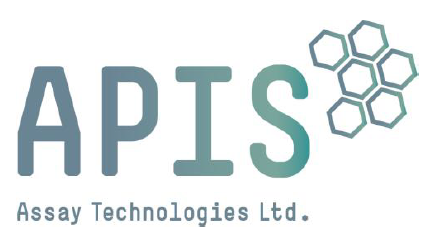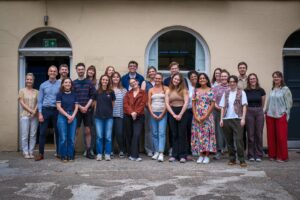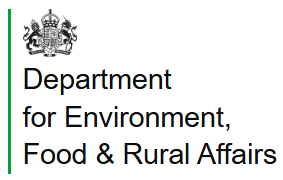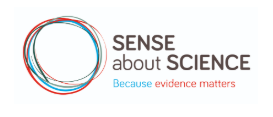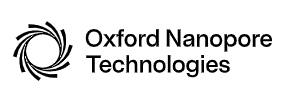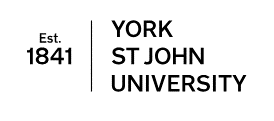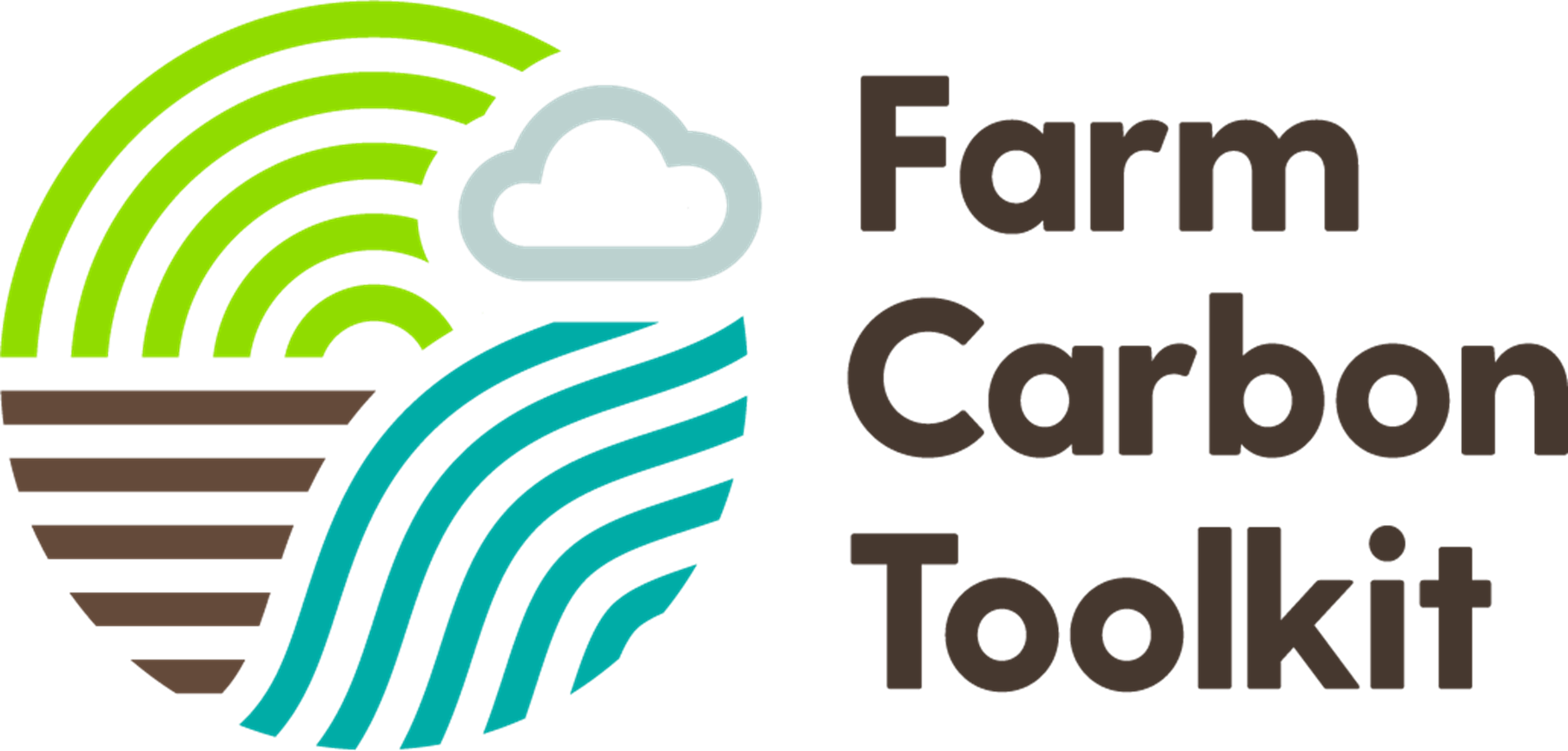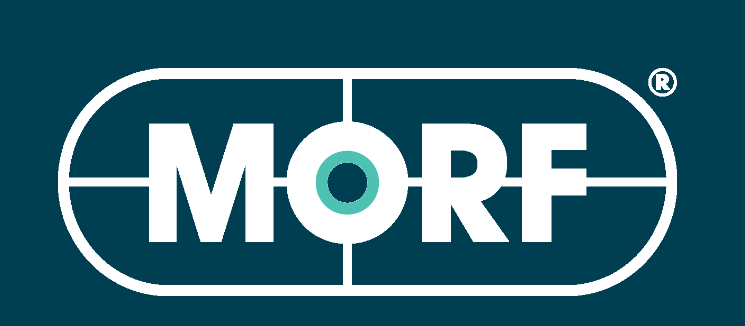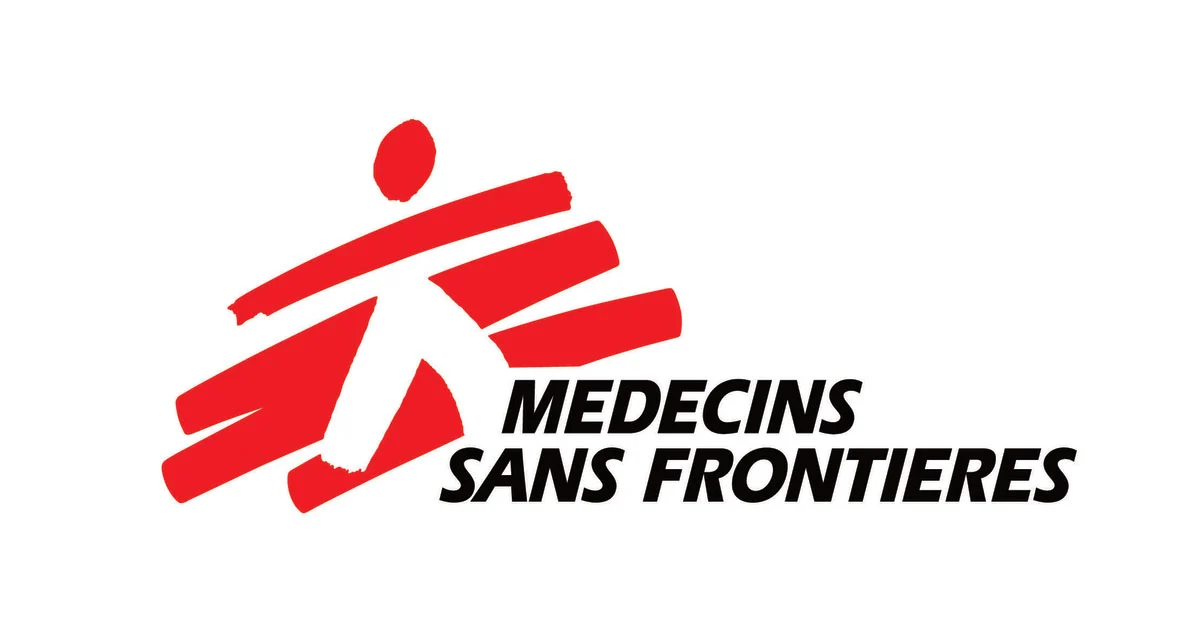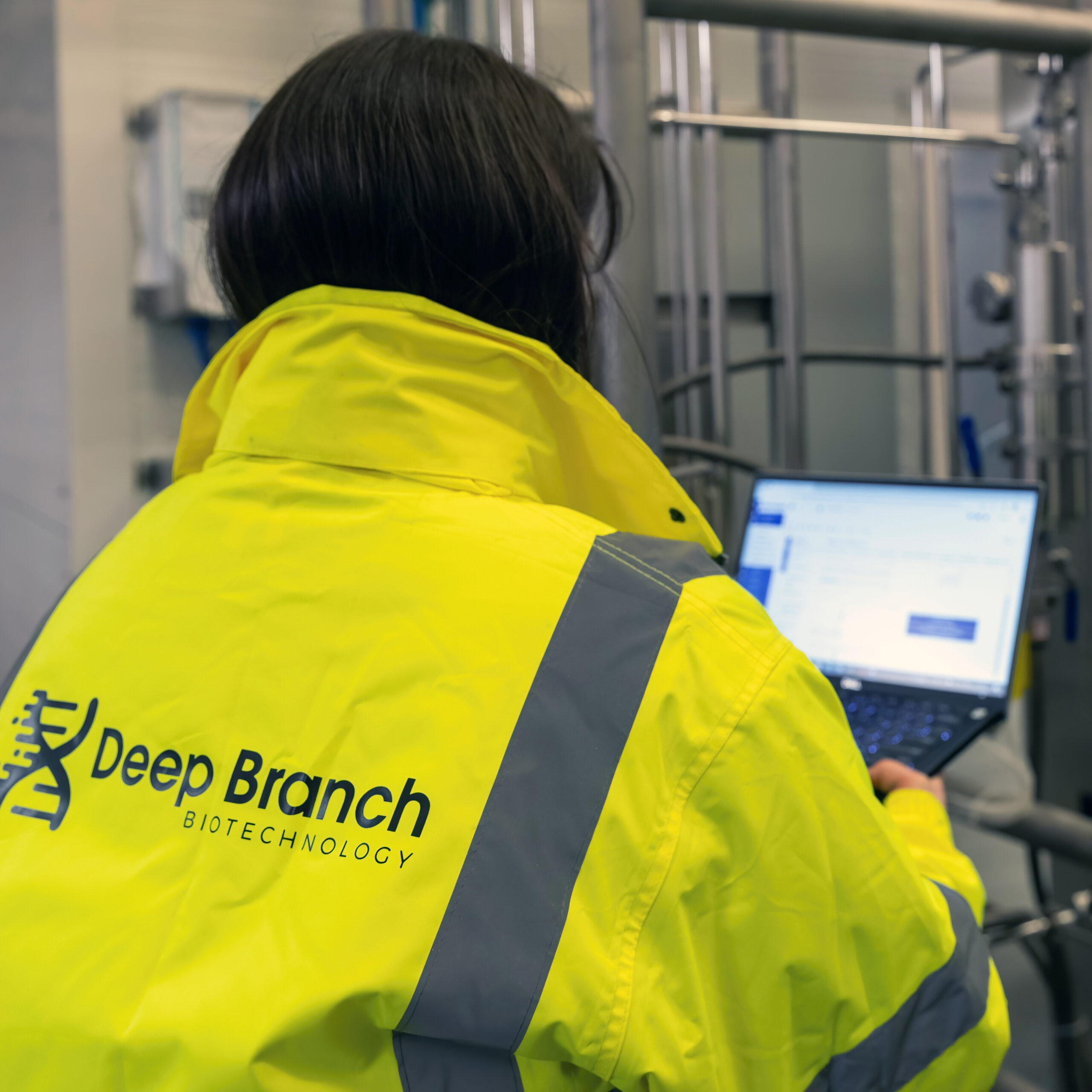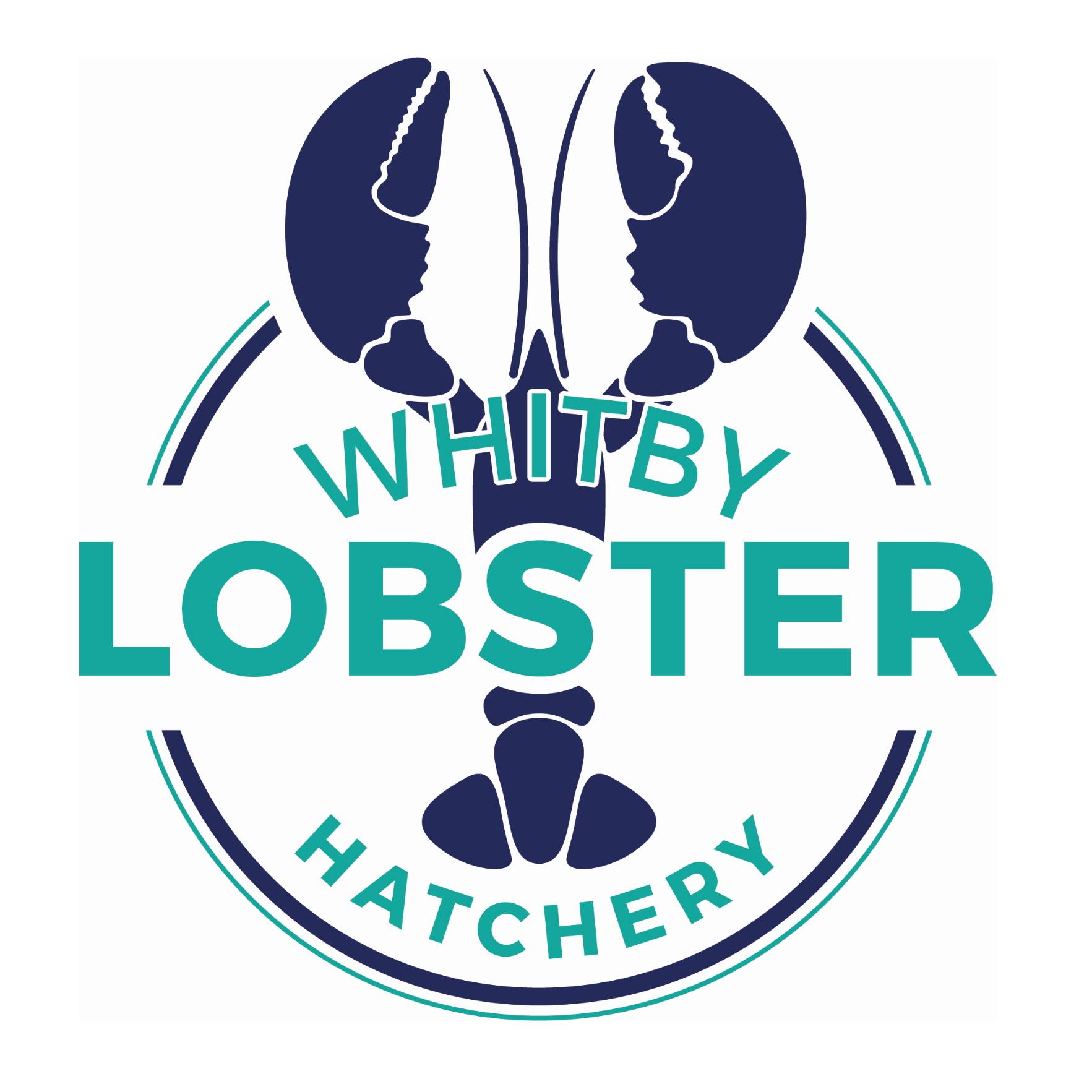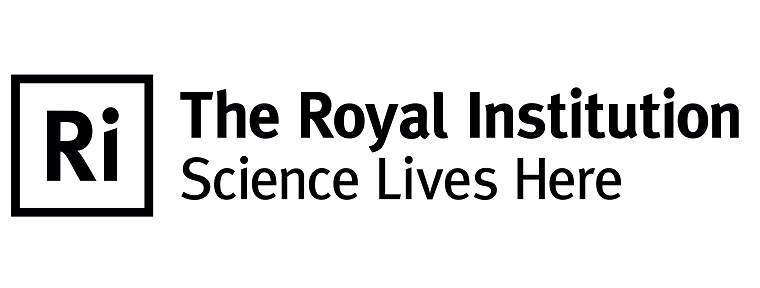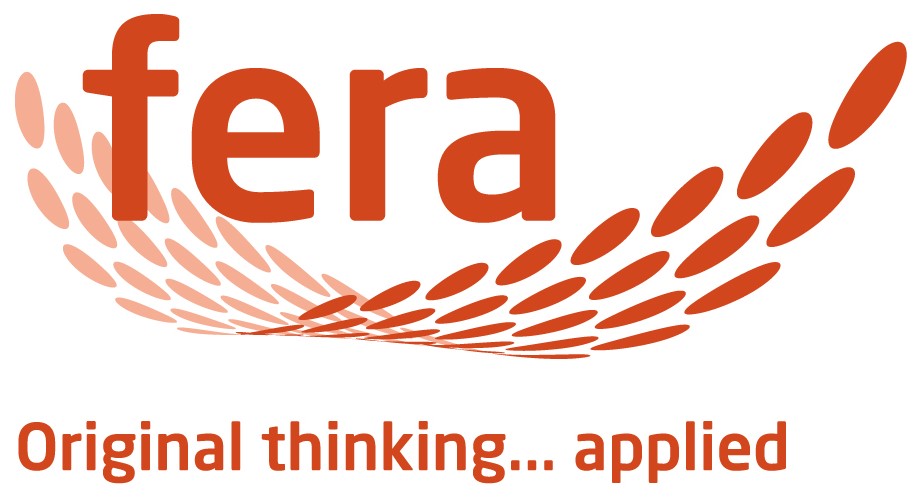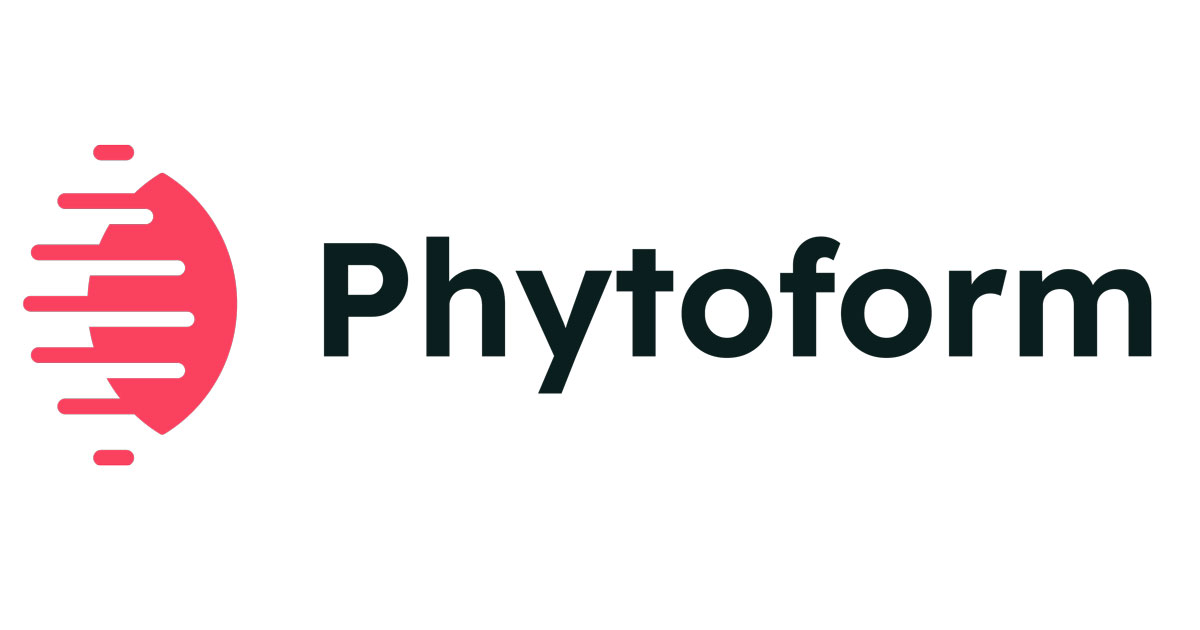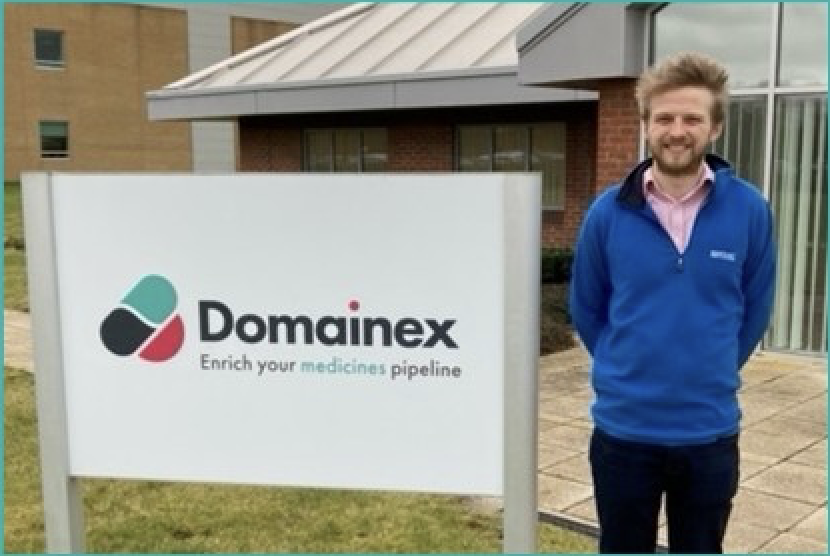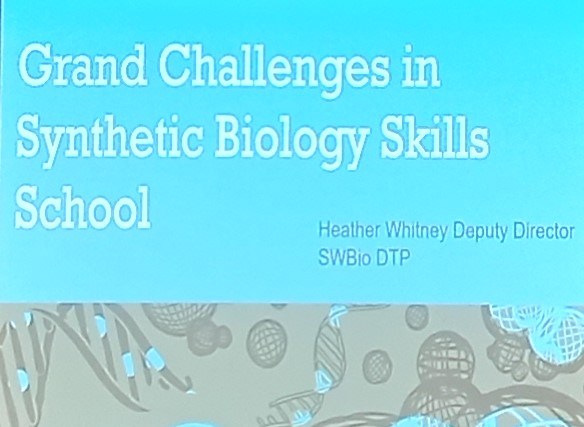Big Brain Innovations Ltd. (BBI Ltd.), is a spun-out UCL enterprise creating and delivering advanced
training materials for professional technical development of bio and health science researchers. BBI Ltd. was formed by the members of the UCL Department of Cell & Developmental Biology who led the development of the MRC/BBSRC-funded L2D (Learn to Discover) platform for professional education in data science, machine/deep learning and AI approaches for research, discovery and innovation. BBI Ltd is the exclusive licensed provider of L2D training across the UK and around the world and now seeks to develop further, both the business and the advanced education services it provides.
The role(s) available:
There are currently four positions available, with example responsibilities listed but not limited to the following:
- Educational Content and Curriculum Developer
● Assist in the development of a brand-new AI module in partnership with Microsoft
● Developing a new, generic Basic Python module for cross-discipline learning
● Managing advanced case study development and workshops
● Construct core-material coding exercises, based on taught concepts: including, but not
limited to, ecological, epidemiological, microscopical and biochemical datasets and
problems - Automation Specialist and Educational Technologist
● Analysing feedback, and creating action points and targets
● Automating business processes (certification, grading and issuing of feedback)
● Review course material, its compliance with accessibility standards, and update in line
with findings. - Digital Marketing and Web Analyst
● Website analytics, SEO, marketing: review and strategise
● Setting up a CRM and managing a monthly newsletter
● Managing our LinkedIn posts
● Running and curating the blog on the L2D website - VR Programmer and Workshop Coordinator
● VR programming
● Managing advanced case study development and workshops
● High-dimensional datasets: contribute to immersive data analysis workshops and study
Experience offered
● Working with a small, highly dynamic and dedicated team
● An interdisciplinary role, with a unique opportunity to combine and synergise academic and
creative skills
● Experience managing an academic-focused start-up company with an excellent prior track
record, operating from within UCL
● Contributing to a unique, cutting-edge, award-winning course, empowering specialised
bioscientists and medics with skills in analysing large high-throughput scientific datasets and
supercharging discovery and innovation
Application process
BBI Ltd. staff are available for informal discussions at any stage. Please contact Hannah Heaven at
admin@learntodiscover.ai to arrange an appointment. All applications should be made through your DTP in the first instance.




